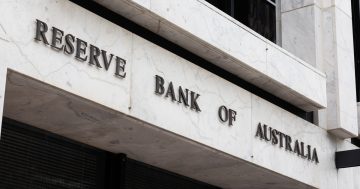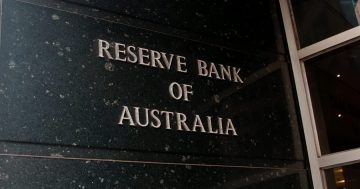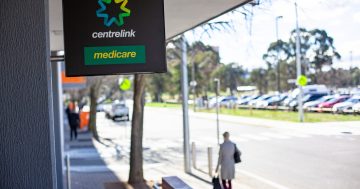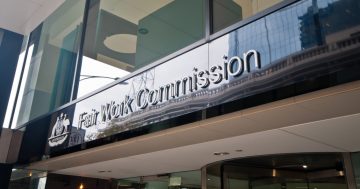Rebecca Le May* says the Reserve Bank governor has told parliament the historically low cash rate of 0.25 per cent looks set to stay for at least three years.
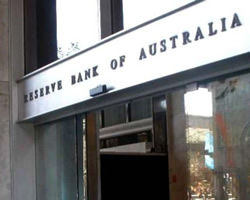 The Reserve Bank of Australia has flagged keeping the official interest rate at a historical low for the next three years, expecting it will take at least that long for the jobs market to recover from the coronavirus pandemic.
The Reserve Bank of Australia has flagged keeping the official interest rate at a historical low for the next three years, expecting it will take at least that long for the jobs market to recover from the coronavirus pandemic.
The central bank cut the cash rate at its regular meeting on March 3 as the crisis started to grip the nation.
It then held an extraordinary meeting just two weeks later when the board decided on a package that included a further reduction to 0.25 per cent and the introduction of the same target for the yield on three-year Australian government bonds.
Governor Philip Lowe has told the House of Representatives Standing Committee on Economics that the cash rate, which is the interest rate on unsecured overnight loans between banks, looked set to remain at that level for some time.
“The board has clearly indicated that it will not increase the cash rate until progress is being made towards full employment and it is confident that inflation will be sustainably within the two-three per cent target range,” Mr Lowe said.
“These conditions are not likely to be met for at least three years.”
“So it is highly likely that the cash rate will be at this level for some years, and having a target for three-year yields of 25 basis points reinforces this message.”
On the Federal Government’s response to the crisis, Mr Lowe said the significant increase in public debt to limit the hit to incomes was entirely manageable and affordable.
“It is the right thing to do to borrow today to help people, keep them in jobs and boost public investment at a time when private investment is very weak,” he said.
CommSec chief economist Craig James said the RBA had largely run out of options to boost economic activity, but central bank officials had a key role in driving and contributing to debate on what fiscal and structural policies should be pursued.
“If we want to get the economy moving, keep our budget deficit down and deal with issues like repaying home loans, we need to create jobs,” Mr James said.
*Rebecca Le May is a contributor at news.com.au
This article first appeared at news.com.au


